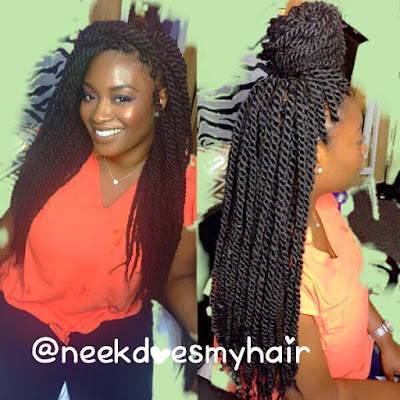History of Fulani Braids
The first African settlers to America brought the practice of the Fulani Braids with them to America, where they were introduced to the European and American society. In fact, the American colonies in Africa have their own tradition of using the style of braiding. Many people wear them to honor their ancestors or to show a sense of pride in their heritage. They are often tied around the head in a ceremonial manner and worn by women.
Throughout history, the tradition of braiding has been handed down from one generation to another and it is passed down from generation to generation. It is important for the natives of these areas to know the history and culture of their ancestors and pass it along. It is believed that the use of this particular style of braiding was founded by someone who was not related to the Native people. Today, many people wear the Fulani Braids in ceremonies and in a manner that honors their ancestors and helps them connect with their ancestors and the spirit of the ancestors that they were.
Blacks in a white society
But things were so different when Africans were brought to the Americas as slaves.
Being slaves, one thing they didn't have was too much time for themselves, there certainly wasn't time to keep intricate braids and trendy hairstyles. For many, the skills and knowledge to keep hair looking its best would have been lost.
But worse than all this was the attitude of the slave owners. Everything that was considered too African was forbidden: music, language, religion and, of course, the traditional hairstyles.
Europeans were supposed to be superior, the more a person resembled them (fair skin, straight hair), the more likely they were to be assigned the easiest jobs in the master's house - a domestic Negro. The dark-skinned, curly-haired country nigger was at the bottom of the pile.
This is where the hatred for natural black hair started to take root from. A lot of effort has gone into coming up with ways to make dark hair look more European. Easy enough for those with `` good '' wavy hair, but for many black women trying to grow their hair out in the days before chemical relaxation and electric straighteners, it would have been an uncomfortable nightmare.
The emancipation of blacks and the civil rights movement have brought a growing pride in being black hair and naturally black, but it is still in its infancy, negativity towards natural black hair. it always hides in the background. Most of the top black women in the US still prefer to relax their hair and there are still people who pull out those old insults.
